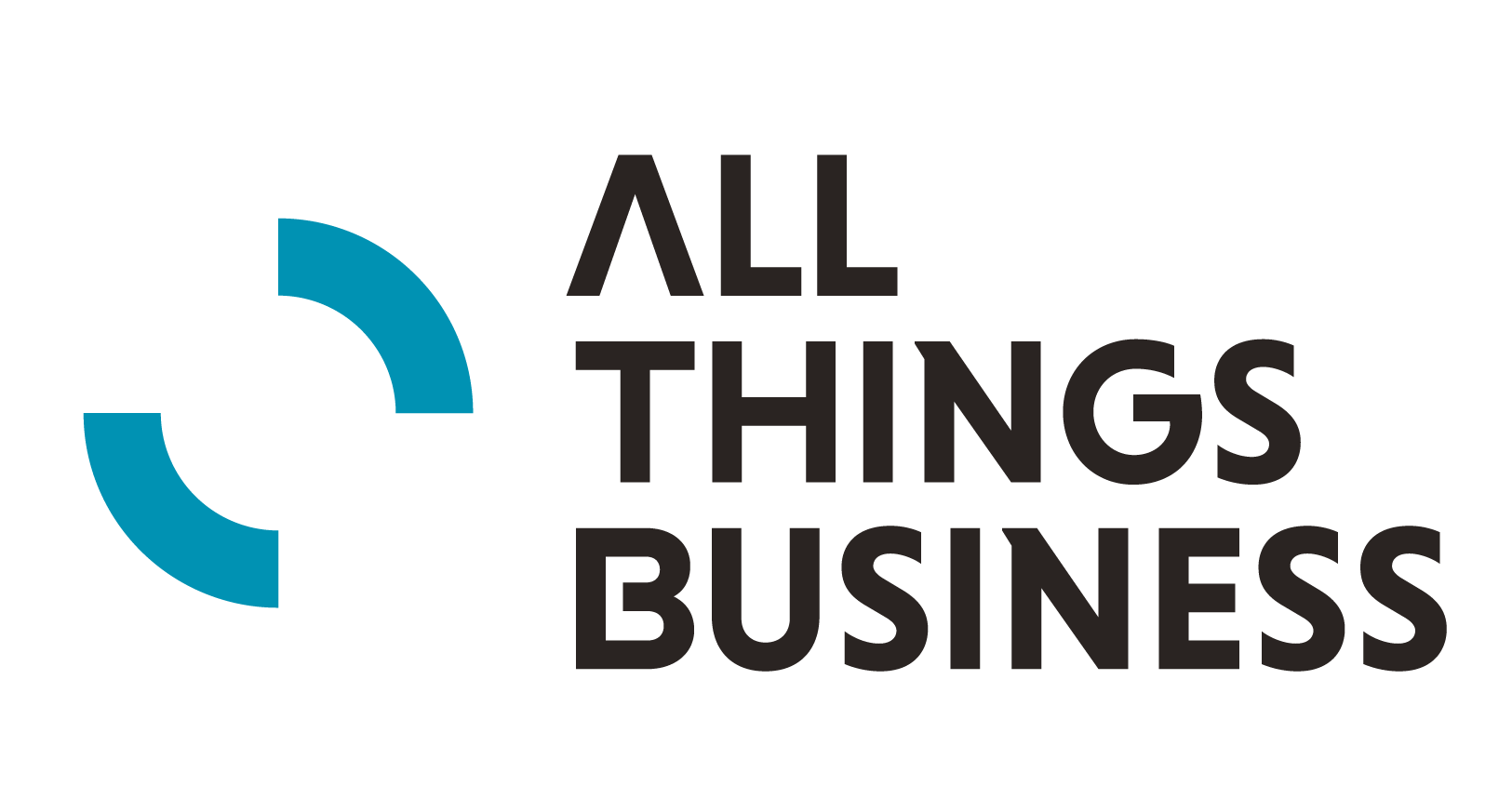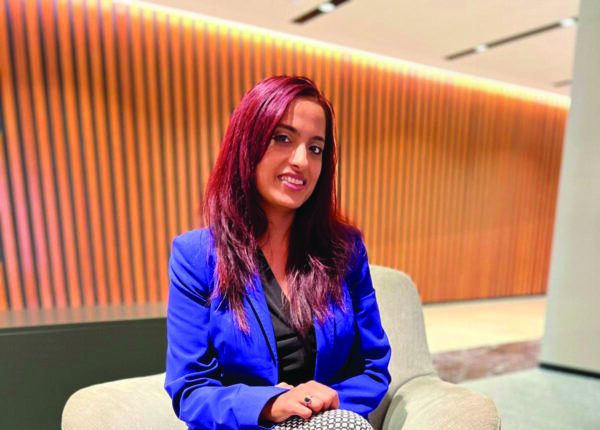No two projects are the same, no two businesses are the same, so when it comes to the challenges of business strategy and project management, no one solution is going to work for all.
Diversity is at the core of Continuous Improvement Projects (CI Projects), founded in London in 2012 by CEO Kiran Kachela, and now boasting a team of 25, covering a range of ages, backgrounds, cultures and life experience, and working with leading private sector and government organisations to help them run their businesses better and accelerate growth through driving efficiency and customer value. The company was recently featured in a major national campaign in the Telegraph called the Business Guide, which was published to more than 1.1 million business readers.
The CI Projects team boasts experience across an array of sectors including commercial, education, healthcare, central government, sustainable manufacturing and science and technology; together they deliver services from training and problem solving to change delivery and customer experience, and, as the name suggests, continuous improvement.
Demand for CI Projects’ services has significantly increased this year, amid rising inflation and geopolitical disruption, demonstrating a growing trend in businesses wanting to deliver more for less. After a couple of years of, in Kiran’s words ‘just keeping the lights on’ during the pandemic and the tough economic times that followed, companies are now showing signs of a sea change, a new-found enthusiasm for growth strategies and development.
When she launched her company, Kiran’s aim was to create a service that provided creative and practical solutions, backed up by transparency and integrity, rather than a generic ‘cookie-cutter’ advisory approach set out without paying careful attention to the issues and needs of the client. Over the years, by developing a team with expertise across a wide spectrum of business disciplines, backed by Lean Six Sigma processes that allow evidence-based demonstration of how change has brought improvements, CI Projects has brought Kiran’s plans for the company to fruition.
“My passion is identifying and implementing efficiencies that aren’t just part of a single ongoing project but will remain with the client long after that project has finished, as a way of doing things better and more effectively within their business,”
said Kiran.
“Different projects need different specialisms, and our approach is not just to assign a project manager to a client and leave them to get on with it. It’s not about bums on seats. We assess what a project needs and pull together members of our team into a group that can deliver all the expertise needed to see that project through successfully. That could be someone who’s very analytical and process driven, someone very creative, someone who’s a specialist in government practice or NHS environments.
“I’m not interested in presenting clients with a folder full of recommendations, usually telling them what they already know. We almost embed ourselves within our client businesses, finding out how they operate and what the strengths and weaknesses are and help them to develop internal capabilities so their strategy and vision is clear and something they can work towards. And not just getting them through that project, but helping them put in place strategies and procedures that make the business more efficient into the long term.”
It’s testament to Kiran’s skill in pulling a team together that, despite working collaboratively and successfully with clients for some years, CI Projects is only just about to open its first office, finally bringing everyone together in person for the first time. Flexibility, however, remains key, something that has played a major factor in the make-up of the team, which is 70% female.
“We were growing significantly but then the pandemic hit and there seemed no need to bring everyone together in an office, so we’re just taking that step now,”
explained Kiran.
“Obviously, we’ve all got to know one another via Zoom calls and in-person meetings, working as a team with clients and the like, but it will be nice to have a base. With our diverse ethnicities and cultures, different backgrounds and ages, we feed off one another and learn from one another. That’s why setting up an office is going to be so important because people want to be together and get to know one another better, and I’m very excited about it. For me, running a business where I’m making decisions with and about clients is a lot of responsibility, and I rely on my team to guide me as much as I guide them. I’m looking forward to having them around me, bouncing ideas off them and hearing their opinions.
“Being in an office doesn’t mean a drop in flexibility, though. My team is 70% female, not because I particularly wanted to employ women but because I always made it clear that working for CI Projects was diverse and flexible and supportive, I have naturally attracted women coming back to work after having children and who need flexibility on hours and working from home.”
Ultimately, CI Projects is looking to be the ‘go to’ consultancy for organisations who need to drive efficiencies, profitability and improve customer experience. The economic climate demands that businesses develop their growth strategies and processes, stay profitable, and still meet the needs of a workforce that has seen its focus and expectations shift over the past three years or so.
Kiran said:
“In the end, it’s about delivering more for less. That doesn’t always have to mean losing people, there are so many efficiencies that can be made in the workplace. People’s time is sucked up with actions that don’t add value, they’re on calls or in meetings all day or there’s a duplication of tasks because there’s no clear strategy. We come in to help see where the efficiencies are, what does and doesn’t need to happen. Firms want more from employees and employees expect more from their employers, and businesses have to make that work while still keeping an eye on the bottom line.”
Find out more about CI Projects at www.ciprojectsltd.co.uk

